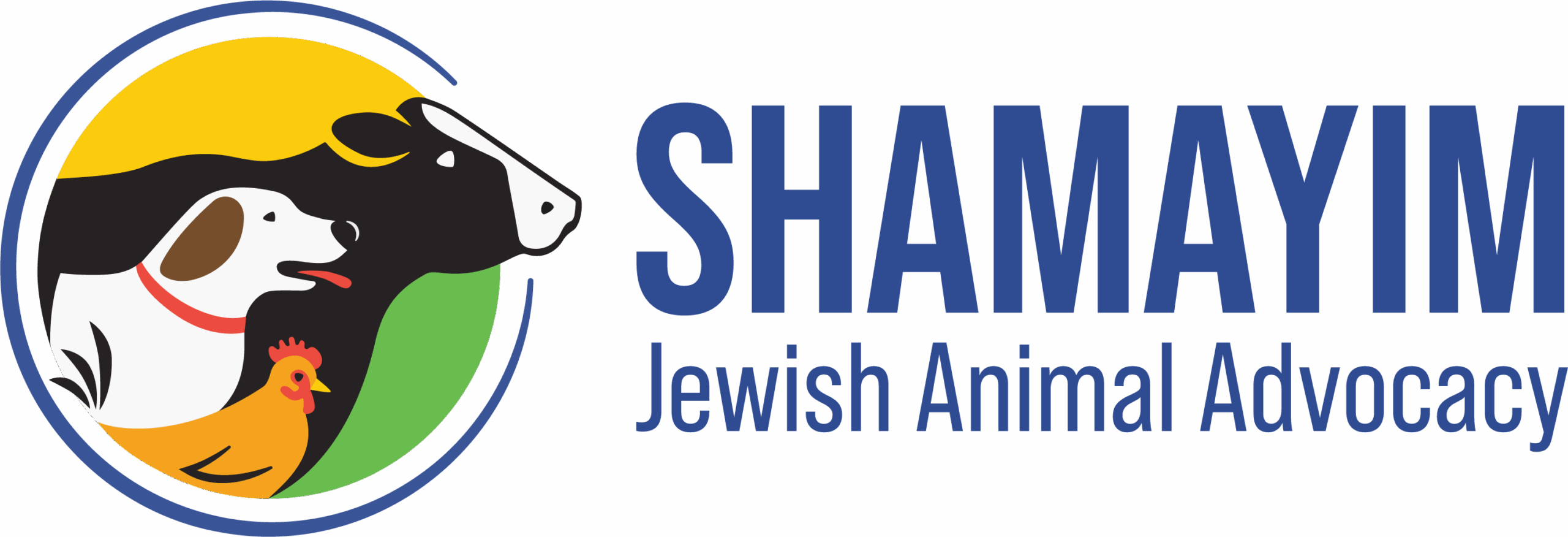
Undercover investigations have revealed horrifying actions; the video footage of animal abuse in kosher slaughter facilities resembles something from a sick horror movie, but it is entirely real. Those strong of heart may view this undercover footage of a shackle and hoist slaughterhouse in Uruguay, from which the U.S. and Israel used to import much of their kosher meat. Even though kosher agencies have stopped certifying the cruel shackle-and-hoist method shown in the video, there is still much to be done. After years of undercover exposes, false promises, and a refusal to provide transparency there is a consensus among experts that the burden of proof should now be on the kosher industry.
As Rav Shmuly’s wrote in his article in the Huffington Post (May 2015, updated Dec 2017), “Three of the most commanding authorities of Jewish law, Rabbi Moses Isserles of the 16th century and Rabbi Chaim Ozer Grodzinski and Rabbi Moshe Feinstein both of the 20th century, all argued conclusively that an animal can be stunned and rendered unconscious (such as with a captive bolt pistol) immediately after the cut, since it is immediately considered legally dead (Rema, YD 23:5; Achiezer Volume 4, Teshuva 19-20; Iggerot Moshe, YD 1:22). Relying upon the Talmud written 1,500 years earlier, the Rabbis had already proposed various ways of piercing organs to ensure the animal would lose consciousness or die more quickly right after the act of shechitah… Post-shechitah stunning is efficient, ethical, and easy. It leaves all of the participants in the kosher slaughter business, from the consumer to the animal, better off. It is time for us as kosher consumers to demand it, and for our kosher authorities to respond positively and enthusiastically.”
Dr. Grandin was asked what she thought of Rav Shmuly’s critiques of the kosher meat industry standards today. “I support Rabbi Yanklowitz,” she wrote to us in early June 2014. As far as Dr. Grandin is concerned, kosher slaughter itself is not the issue, but rather the very serious animal abuse and mistreatment that animals endure while being restrained during kosher slaughter. In her email, Dr. Grandin put it simply: “there are many bad conditions in kosher plants.”
